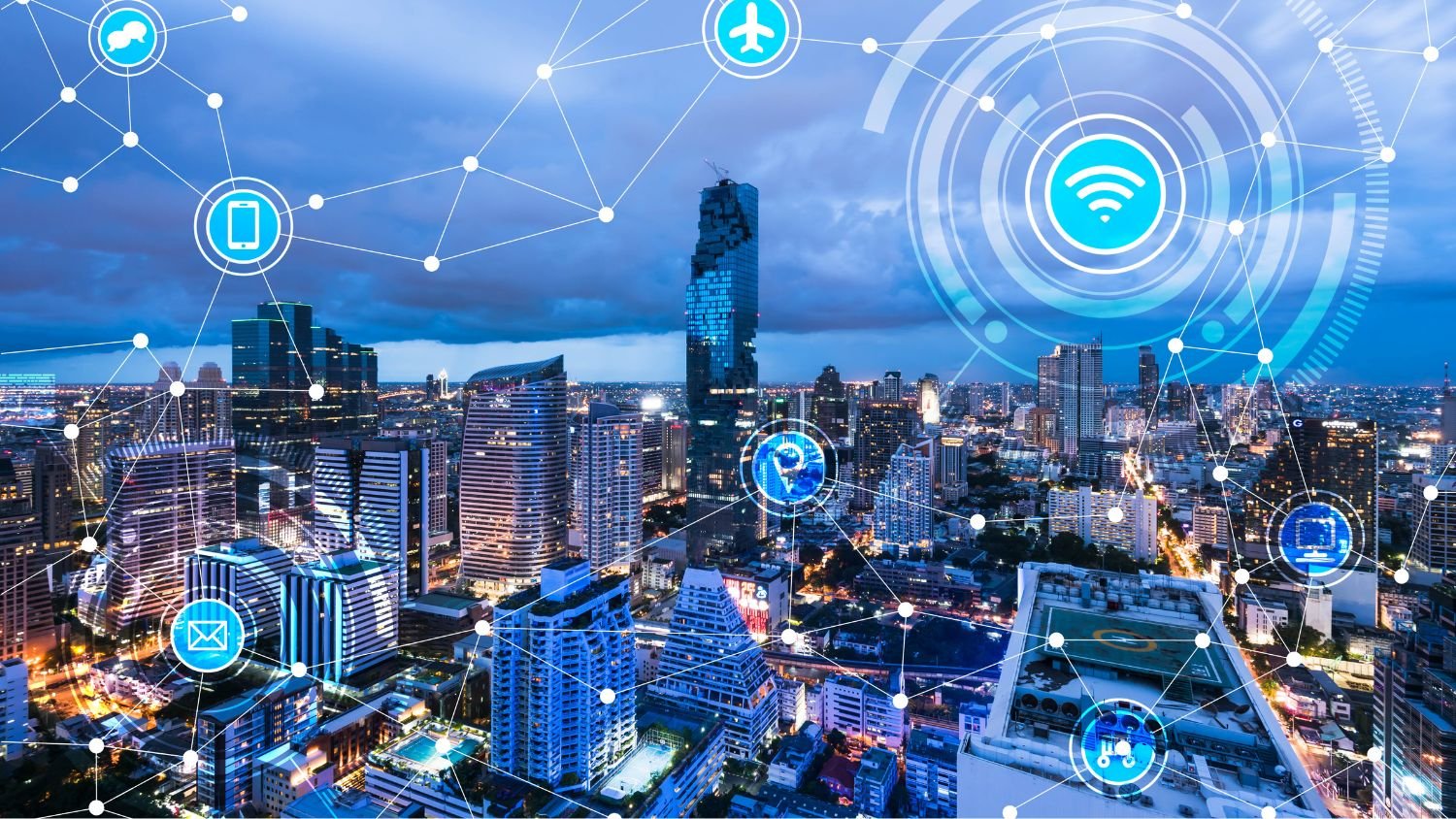- Broadband Services
-
29 March 2024
Smart Cities and Broadband Connectivity: Enhancing Urban Living
NCC STAFF
In today's rapidly evolving digital landscape, the concept of smart cities is gaining traction as urban centers seek innovative solutions to improve quality of life, sustainability, and efficiency. At the heart of this transformation lies broadband connectivity, playing a pivotal role in shaping the future of urban living.
Broadband connectivity serves as the backbone of smart city initiatives, enabling a wide range of applications and services that enhance urban infrastructure and services. From transportation and energy management to healthcare and public safety, broadband connectivity forms the foundation for interconnected systems and devices that drive efficiency and innovation.
One of the key benefits of broadband connectivity in smart cities is the optimization of transportation systems. With real-time data and analytics powered by broadband networks, cities can implement intelligent traffic management solutions, reduce congestion, and improve public transit efficiency. This not only enhances mobility for residents but also reduces environmental impact and enhances overall urban sustainability.
Moreover, broadband connectivity facilitates the deployment of smart energy grids and infrastructure, enabling efficient energy distribution, monitoring, and management. Through smart meters, sensors, and IoT devices, cities can optimize energy usage, reduce waste, and promote renewable energy sources, leading to cost savings and environmental benefits.
In the healthcare sector, broadband connectivity enables telemedicine and remote patient monitoring, improving access to healthcare services and enhancing patient outcomes. Patients can receive virtual consultations, access medical records remotely, and receive timely interventions, regardless of their location within the city.
Public safety is another area where broadband connectivity plays a crucial role in smart cities. Through video surveillance, sensor networks, and data analytics, cities can enhance situational awareness, respond more effectively to emergencies, and prevent crime. Additionally, broadband-enabled emergency communication systems ensure rapid response and coordination during crisis situations.
In conclusion, broadband connectivity is indispensable for the development of smart cities and the enhancement of urban living standards. By leveraging high-speed internet infrastructure and advanced technologies, cities can unlock new opportunities for innovation, efficiency, and sustainability. As urban populations continue to grow, the importance of broadband connectivity in shaping the future of smart cities cannot be overstated. It is essential for policymakers, urban planners, and stakeholders to prioritize investment in broadband infrastructure to realize the full potential of smart cities and create inclusive, resilient, and thriving urban environments.








